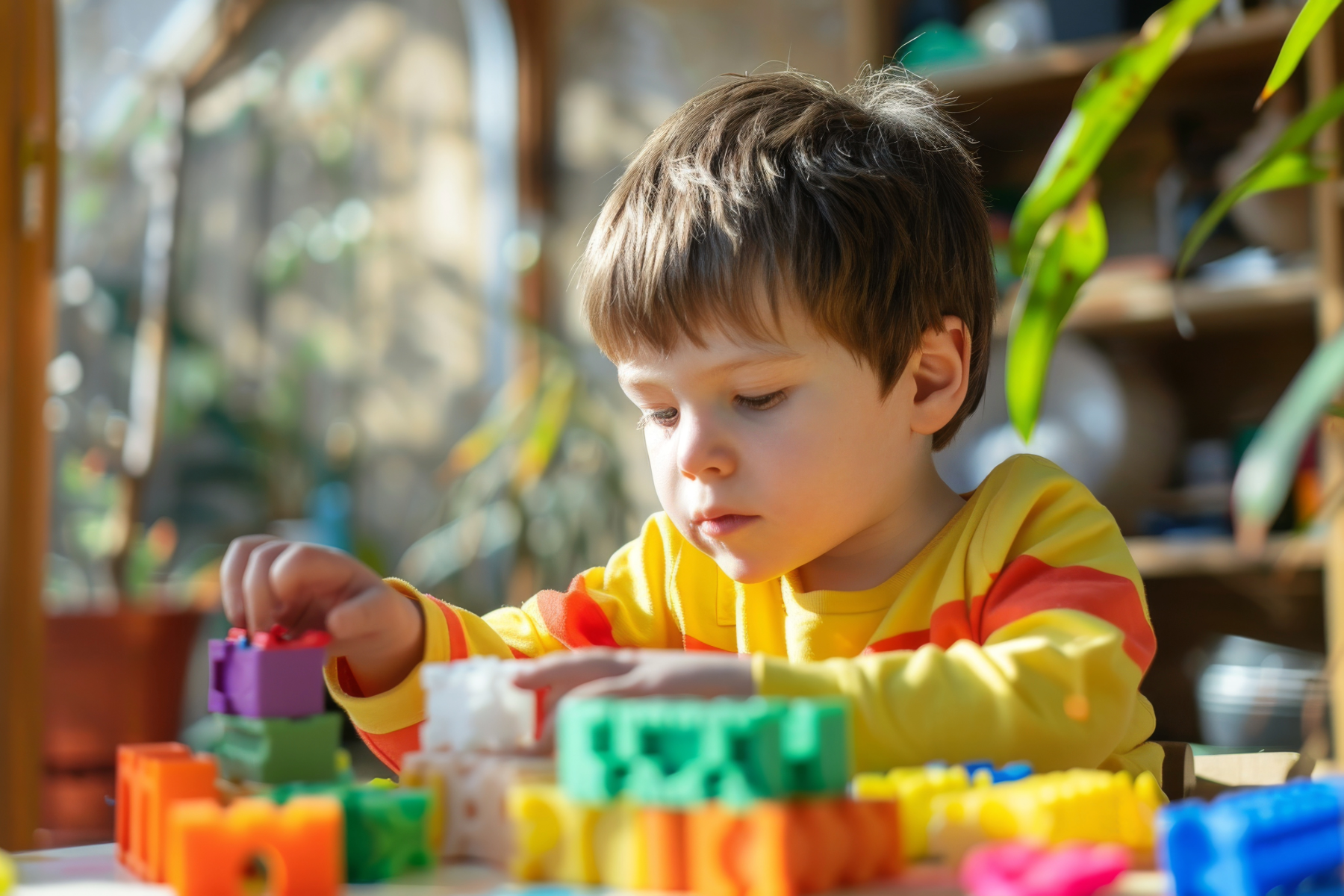
Activities That Support Executive Functioning
Have you ever wondered why some kids seem to handle routines, problem-solving, and self-control with ease, while others struggle? The answer often lies in executive functioning—the brain’s ability to plan, focus, remember instructions, and manage multiple tasks. These skills don’t just develop on their own; they grow through practice.

Supporting Highly Sensitive Kids in a Fast-Paced World
In today’s fast-moving, always-on world, raising a highly sensitive child can feel like an uphill battle. Bright lights, loud noises, packed schedules, and social expectations can quickly become overwhelming for kids who deeply feel and process everything around them.

The Power of Co-Regulation: A Parent’s Role in Emotional Development
Have you ever watched your child meltdown over something small and felt your own frustration rise with theirs? It’s a natural reaction—big emotions can be overwhelming for both kids and parents. But here’s the good news: you don’t have to fix every problem or stop every tear.

Building Emotional Regulation Skills Through Play and Connection
Emotional regulation is one of the most important life skills a child can develop—but it doesn’t come naturally. Tantrums, meltdowns, and outbursts are all part of the process as kids learn to recognize, express, and manage their feelings. The good news? They don’t have to do it alone.

Unraveling the Overlap in Childhood Anxiety and ADHD Diagnoses
Parenting is a journey full of questions, especially when it comes to understanding your child’s unique needs. For children with ADHD, the road to diagnosis can sometimes be more complex than it seems. Anxiety, a common coexisting condition, can mask or alter the way ADHD presents itself, especially in structured settings like school.

Mentalization-Based Treatment: Thinking About Thinking to Improve Parenting
Parenting is a journey filled with moments that test our patience and deepen our love. But have you ever wondered what’s happening inside your child’s mind during those big feelings or quiet moments? That’s where mentalization comes in—a skill that allows us to step into our child’s world and understand their thoughts, feelings, and intentions.

What Is Neurodiversity-Affirming Care and Why Does It Matter?
Imagine a world where every child is celebrated for who they are, where differences in how we think, learn, and experience the world are embraced rather than judged.

The Benefits of Strong-Willed Kids
Parenting a strong-willed child can feel like navigating a storm—challenging, unpredictable, and exhausting. But within that storm lies incredible potential.

Building Emotional Awareness in Children Through Interoception and Neuroception
Have you ever wondered why some children seem to instinctively recognize their emotions while others struggle to express how they feel?

